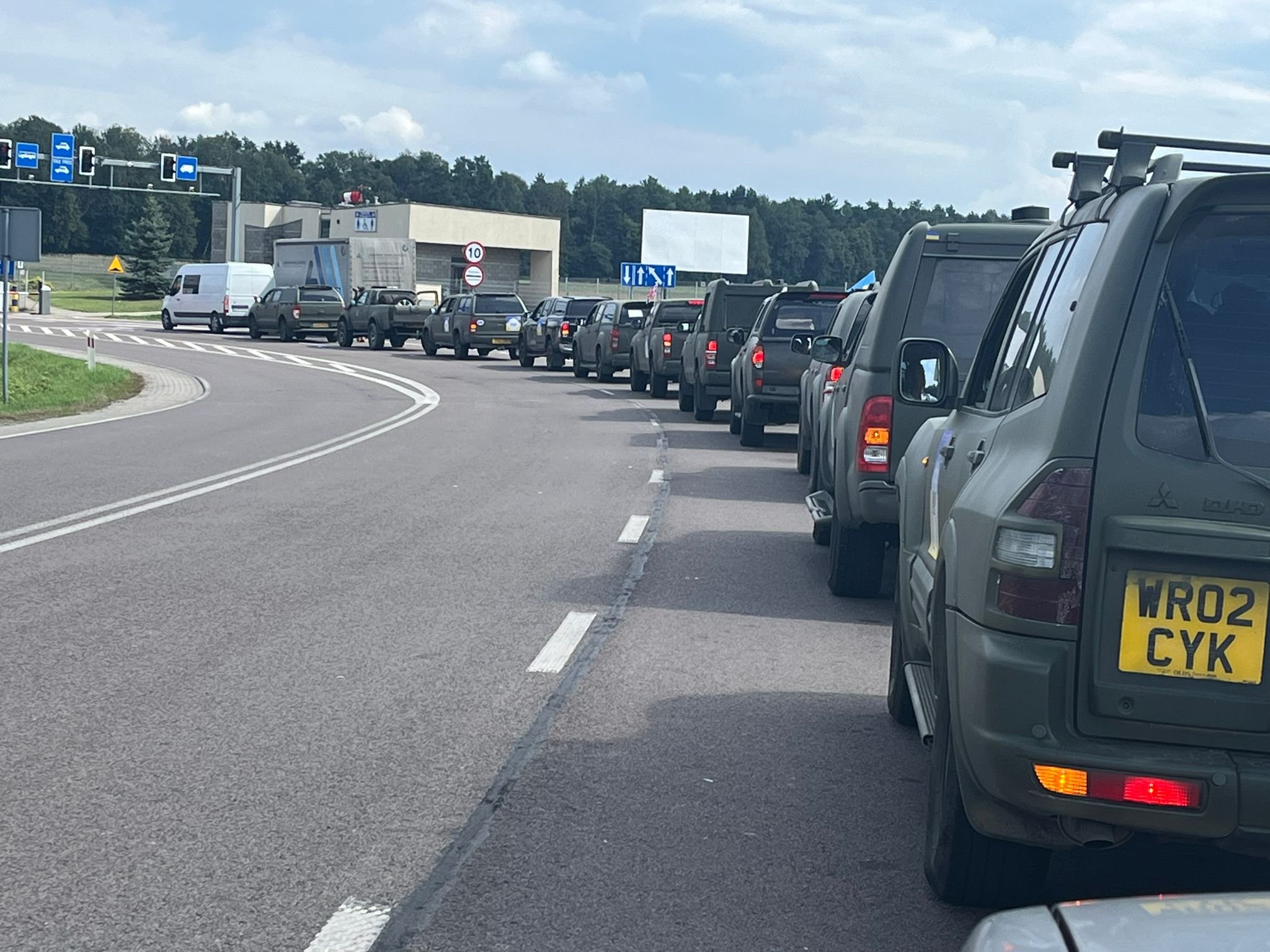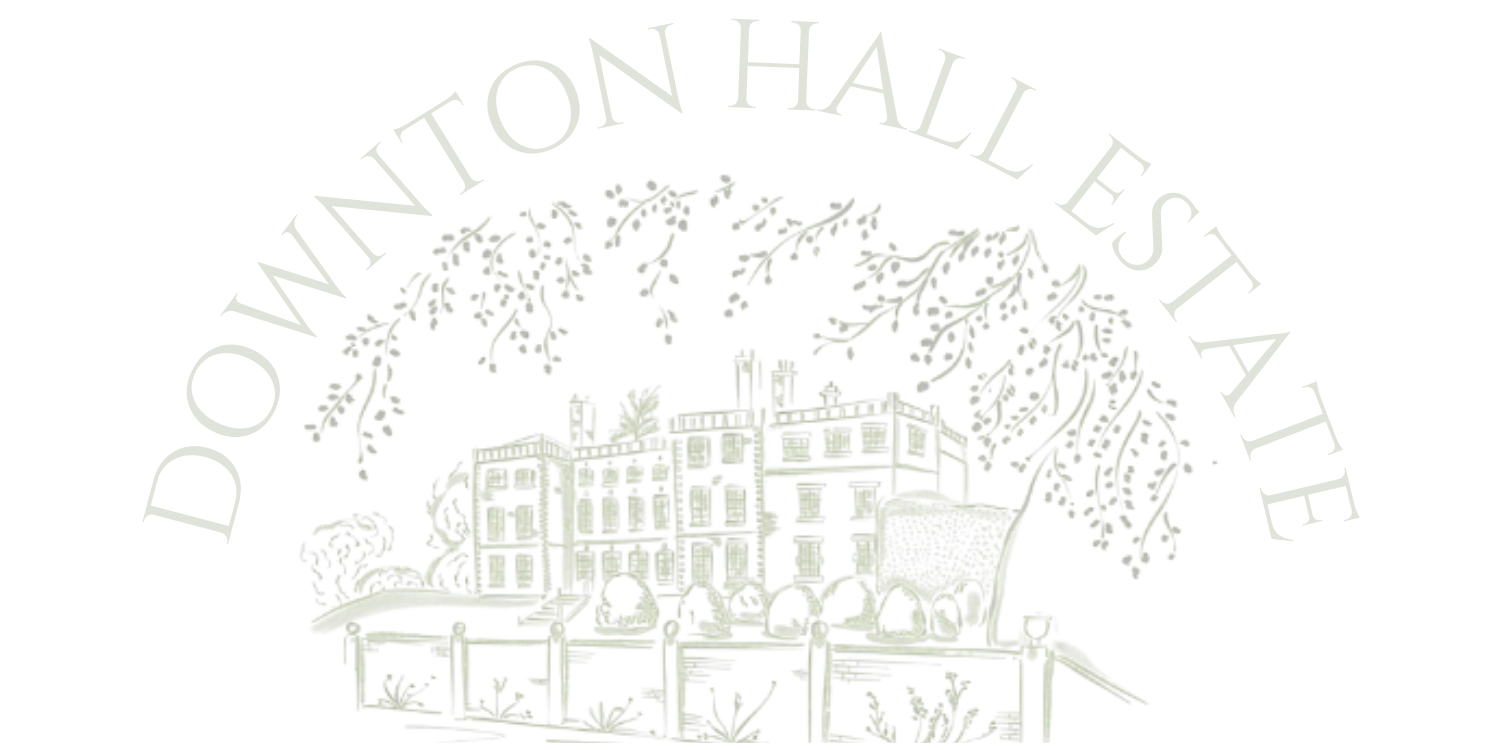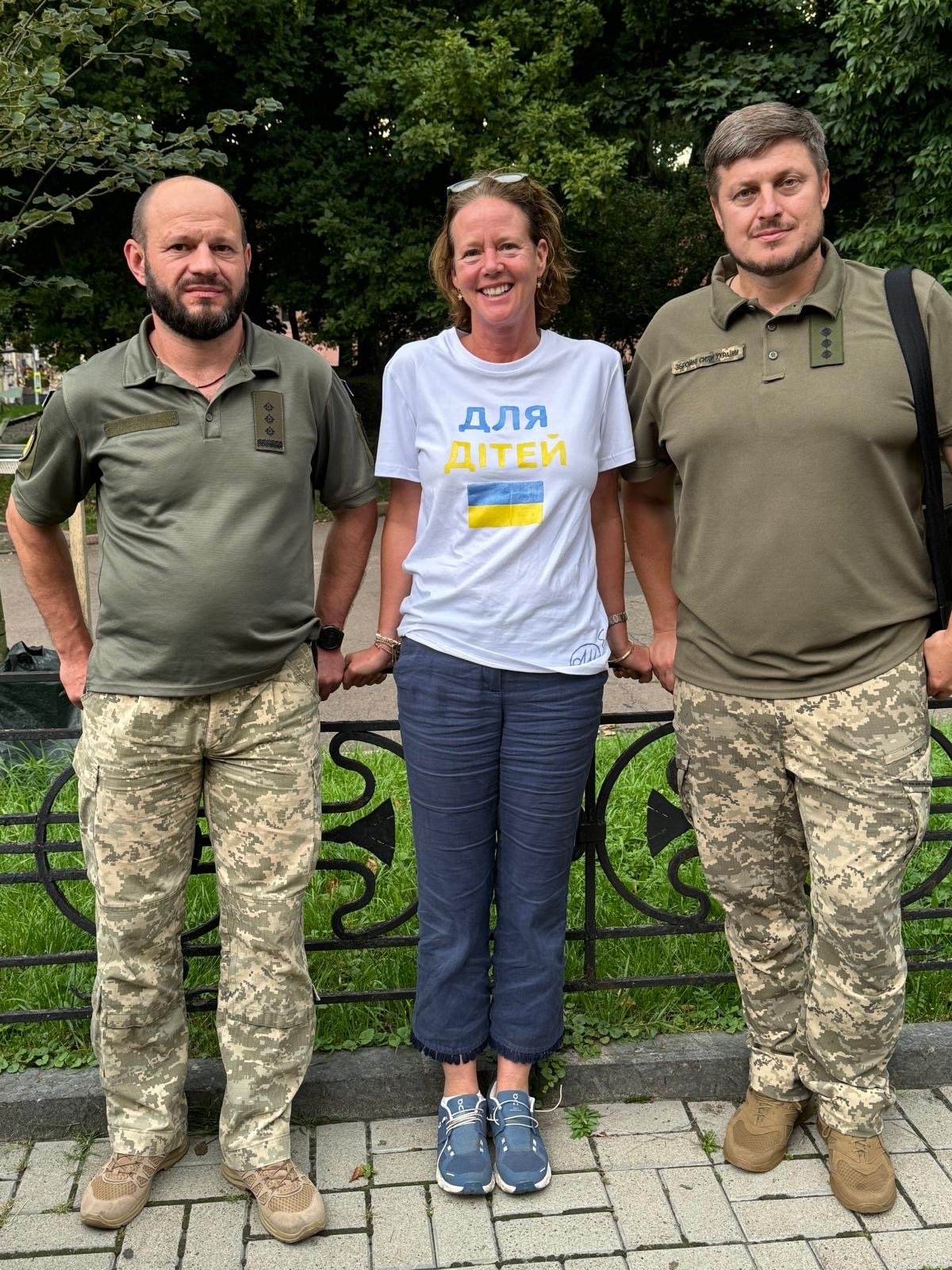
Mark & Philippa's trip to ukraineMark and I have just returned from one of the most rewarding, inspiring, emotional and educational weeks of our lives. The experiences we had were so powerful that I don’t think either of us will ever forget what we saw and felt.
Our journey to Ukraine covered 1,320 miles, beginning with a ferry from Harwich to The Hook of Holland, and then driving through the Netherlands, Germany, Poland and then finally into Ukraine. We endured a couple of exhausting 11-hour days in the car, and at one point, our friends were genuinely worried that their car might break down due to the smoke billowing from the exhaust. We had a hilarious moment when Mark had to get help from two fellow lady drivers to show him how to open the bonnet! Throughout the drive, Mark kept marvelling at the flawless German and Polish roads—not a pothole in sight—though the roads were packed with countless trucks, all carrying food and aid for Ukraine.
Crossing the border into Ukraine was an experience that will stay with me forever. Hundreds of Ukrainians lined the streets, waving Union Jacks, handing out Ukrainian badges, bowing, clapping, and giving us the thumbs up. It was overwhelming, humbling, and deeply emotional to see their gratitude and resilience.
The emotional intensity didn’t stop there. As we joined a 39-vehicle convoy with a police escort, we raced toward Lviv at full speed, instructed not to let any cars in or stop for red lights. It felt surreal as local traffic on both sides stopped to let us pass. As we neared Lviv, a massive rainbow stretched across the sky, bridging both sides of the road. It was a breathtaking sight, almost as if nature itself was offering a moment of hope amidst the chaos.
Upon arrival in Lviv, we were met by the Mayor and volunteers who immediately began unloading the cars. Among our convoy, we delivered over £500,000’s worth of equipment, including a mass of medical supplies, which went to a local charity. Looking back, I deeply regret not leaving a letter or even a luggage tag with the truck, something to connect us to the new owner of the vehicle.
We stayed in a beautiful hotel overlooking a square where the Catholic Church honours the fallen soldiers of Lviv. The reality of war was inescapable—where once there was one funeral every two weeks, there are now up to eight each day. On the morning of our departure, we were awakened by the sound of singing from the church, drifting through our bedroom windows. The square was packed with people, their heads bowed in respect and prayer for the dead. It was a profoundly sobering and heart-wrenching sight.
The next morning, we visited The Field of Mars, a new cemetery for those from Lviv killed since 2022. Neither of us had ever experienced anything so overwhelmingly moving. Tears streamed down our faces as we walked among the graves—over 1,000 of them—each one marked by a Ukrainian flag blowing in the wind, fresh flowers, and a photo of the soldier, along with their birthdate. Families sat on benches beside the graves, weeping as they tended to the flowers, while little children played nearby. Some of the fallen were heartbreakingly young, and as we stood there, another grave was being dug. We were told that for every truck we delivered, ten lives are saved. If our truck saved even one life, then that is one less grave, one less widow or mother tending to flowers and candles, and for that, I am profoundly proud.
We also walked along an avenue filled with pictures of missing men and boys. We learned that over 95% of prisoners captured by the Russians have been tortured—a shocking and horrifying statistic. The sheer number of missing, many of them so young, was devastating to witness. Lviv itself is a stunningly beautiful city, though it was eerily devoid of tourists. It was clear how the Ukrainians were trying, even just for a moment, to live a normal life despite the war raging in the East. But the war was impossible to ignore, especially when we saw so many men with missing limbs. Many cafes and restaurants have closed because there are no staff left to run them; the women are now in the fields, driving tractors. Our guide told us how she teaches English to severely injured Ukrainians who need treatment in the US so they can communicate in hospitals. It was also striking to hear that doctors from all over the world are coming to Ukraine to learn from Ukrainian medical professionals how to treat these unique war casualties. Thankfully, our stay was uneventful, and although we were shown the bunker, the air raid siren didn’t go off—though we heard it sounded the night we left. There is a curfew from midnight until 5 a.m.
Hearing the stories of the wonderful Ukrainians we met was both humbling and inspiring. This nation has been battered by Russian aggression since 2004, yet they remain absolutely determined to preserve their independence, which they only achieved in 1990. I fear that if Ukraine cannot stop this attack, it could have grave consequences for democracy across Europe.
As we left Ukraine on foot, the queue of women and children waiting to cross the border was nearly seven hours long. They stood in the blistering heat, with no shade, many in tears as they left their loved ones behind—husbands, fathers, sons—who are not allowed to leave. Despite the unbearable circumstances, these women were resolute, and many men, even those exempt from fighting due to having more than three children, were still volunteering to fight.
Leaving behind such brave and resilient people was utterly heartbreaking. We will never forget them and are committed to continuing our support for their cause. We intend to return.
Mark and Philippa









